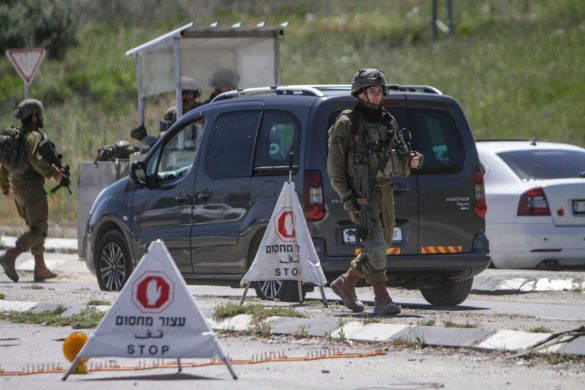EGYPT: Life slowly returns to normal – queuing for bread in Cairo
CAIRO, 14 February 2011 (IRIN): The world has been transfixed (holdt vejret) by the 18 days of protest in Egypt that ended 30 years of Hosni Mubarak’s rule.
But away from the surging crowds in Tahrir Square demanding change, other Egyptians have been preoccupied with the more mundane (dagligdags) struggle of trying to make ends meet.
When IRIN last visited the Mansur family on 2 February, the eldest daughter, Fatma Sayed, was due to give birth, but worried that the streets may not be safe enough to go to hospital; her youngest brother, Mohamed, was not going to work as he believed it more urgent to stay up all night to protect the neighbourhood with other young men who had formed vigilantes.
Much has now changed in Egypt, and for the Mansur family. Fatma Sayed seized the chance of improved security a week ago and went to a nearby hospital for a Caesarian delivery (kejsersnit). She called her baby daughter Ahlam or “dreams“.
– I am so grateful that I managed to do it at last, Fatma, 31, said, adding: – I am happy that my daughter sleeps on the bed beside me now. I do not care what will happen next.
What happens next is not entirely clear following Mubarak’s resignation on 11 February, succumbing to (bukke under for) the pressure of nationwide demonstrations that began on 25 January.
Mubarak has handed power to the military, which has promised to pave the way for parliamentary and presidential elections, dissolved parliament, and suspended the constitution – the major demands of the protesters.
Normal life
The pledge by the military for a democratic transition sent hundreds of thousands of demonstrators back home, and returned life to near normal in the Egyptian capital, Cairo, and other cities.
However, the Suez Canal city of Port Said, and Beni Suef, about 120 km south of Cairo, are still turbulent, with angry citizens attacking government offices and police stations.
On 14 February, thousands of people from impoverished districts stormed empty apartment blocks in Beni Suef and occupied them. They also torched some government offices.
In Cairo, however, banks partially resumed work on 10 February, allowing Sayed’s husband to withdraw the money he had deposited for his wife’s Caesarean.
– We would never have been able to go to the hospital without this money. We could not have just gone there and told the doctors that we need an operation, but we do not have money, he told IRIN.
More security
Læs videre på http://www.irinnews.org/Report.aspx?ReportID=91917














